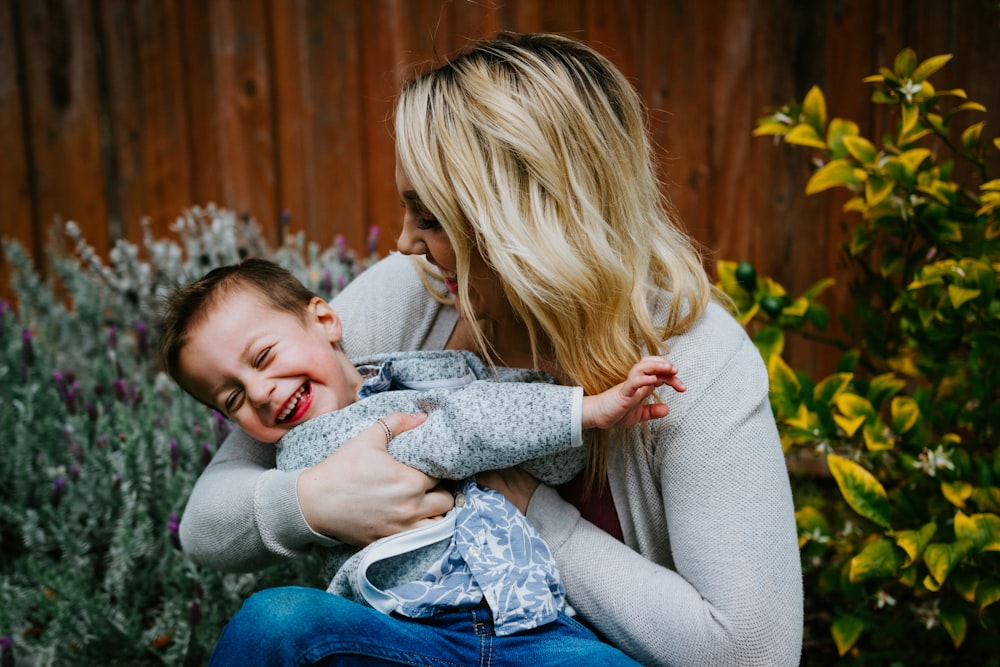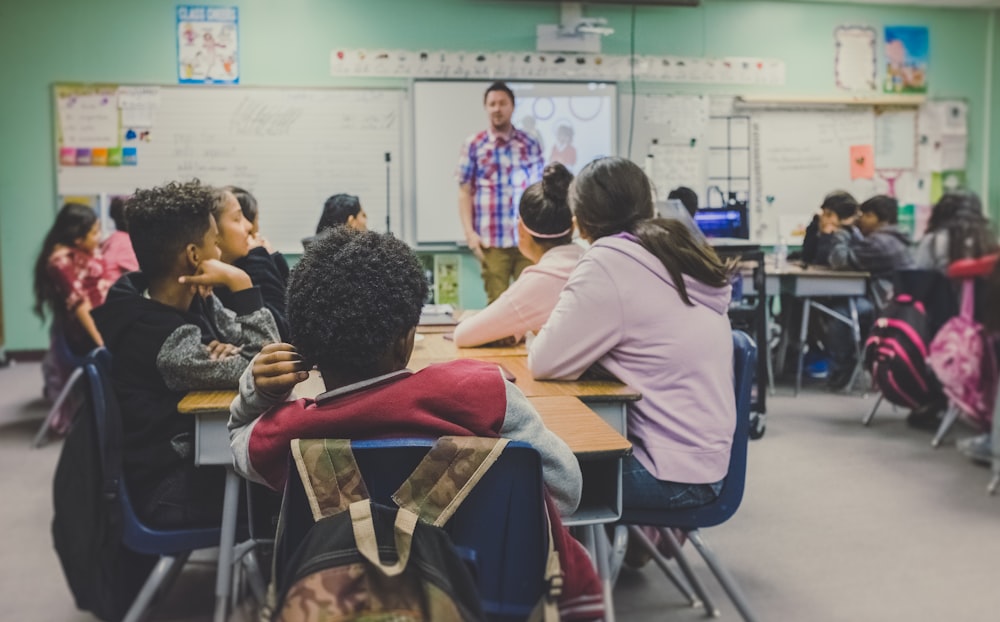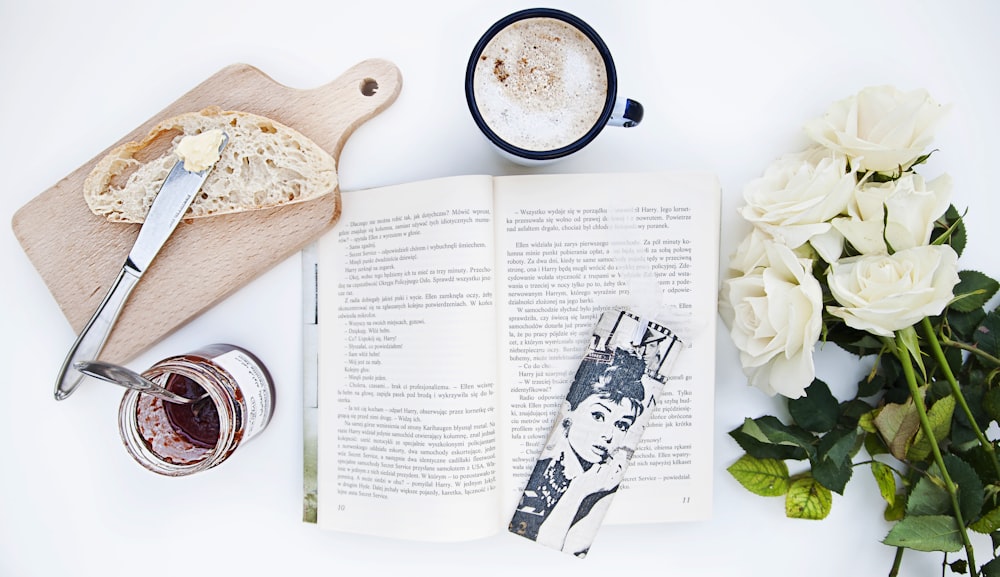| I’ve written before about my evolving style of parenting, calling it “Daoist parenting” as I seek to implement principles of Eastern philosophy into my life as a father.
As a long-time meditator, this has come somewhat naturally. I already try hard to pause, breathe, and open up to the world around me several times a day. Even if I’m just in my office working, I’ll naturally recall the need for these pauses. They provide a vital time for me to check in with myself, to see if I’m at a good equilibrium in terms of energy and focus on my tasks. But with parenting, as with any major new task in life, there is always the opportunity for a “stress-response” to take over. When this happens to me, I become more jumpy, more hyper-alert and irritable. So I’ve tried to bring meditation and mindfulness into my parenting. I taught my daughter the wonderful “raisin meditation,” where we try to examine each raisin carefully – first visually, then tactilely between our fingers, then we listen to it by our ear as we gently roll it between a finger and our thumb, then we smell it, and finally we slowly chew it. In the right conditions, this can be both great fun and a deeply calming experience. It also teaches my daughter the wonder of slowing down: noticing things we don’t ordinarily pay attention to and enjoying the vibrancy of smells and flavors that can come from an ordinary raisin if we take the time to enjoy them. A pandemic interludeThe pandemic has made parenting, as with so much, incredibly difficult for many of us. I count myself as extremely lucky to have started the pandemic with a 6-month-old instead of a 5 to 15-year-old. Stories about the terrible disruptions to both learning and emotional life have often been harrowing and I cannot imagine the added stress and hardship faced by so many parents around the world these last 2.5 years. Jessica Gross, a writer for the New York Times, has covered the many ups and downs of parenting over the pandemic. She suggests that we’re entering a new phase now. Life is returning, in many ways at least, to something resembling the “normal” of before the pandemic. Kids are back in school, shutdowns and lockdowns seem to be a thig of the past, masks are becoming a rarer, and other issues begin to crowd their way into our minds. Nonetheless, Gross argues, we are not back into a fully normal pre-pandemic state of affairs. We, especially parents, still find ourselves doing mental gymnastics as we calculate virus risks. My family still hears about friends who are getting COVID, sometimes being hit pretty hard. This week, my sister had to cancel a long-planned camping trip because the friend she was going with got COVID and had moderate symptoms. People aren’t dying or going to the ER as much as a year or two ago, thankfully, but the virus is still with us and affecting our plans. Nonetheless, we are making plans. In 2020, before bringing my wife and kiddo to see my parents, we quarantined for two weeks and tracked down two $150 COVID tests that had to be sent through Fed-Ex to be analyzed. That, of course, was just before vaccines were rolled out and every interaction with an older or immunocompromised person felt like it could be a matter of life or death. Today, we all have our shots and the latest rounds of boosters as well as flu shots, which seem like they might become a very regular thing. If we’re sick, we’ll take one of the free tests we got through the federal program or, if we must, pay $24 for a rapid test from the nearest pharmacy. Things are different. And better. And yet still a bit on edge. |
LanguishingDescribing what we’re going through might be difficult. Most of us aren’t necessarily burned out. We’re not acutely anxious or depressed, though we might at times feel these emotions. Grose suggests we think of ourselves as “languishing,” described as, “a sense of stagnation and emptiness. It feels as if you’re muddling through your days, looking at your life through a foggy windshield.” She also points us to Tolkien, who put it in more literary terms in “The Lord of the Rings.” There, in one scene, Bilbo Baggins describes himself as feeling “like butter that has been scraped over too much bread.” This captures it beautifully for many of us. It’s not that anything in particular can be pointed to as being “wrong.” We’re just being pushed a bit “too much” at all of the things we ordinarily do. We’re spread thin. We feel a certain kind of precarity that we didn’t before the pandemic. We, for instance, know that around 8-10% of America’s childcare workers haven’t returned to work after the pandemic and no one is rushing to fill their positions. We know that many teachers have quit or retired early, and many more are now planning to leave the career as soon as possible. Doctors and nurses, pushed to and often beyond the breaking point over the pandemic, are tired and frustrated. These professions, along with many others so hard-hit during the pandemic, need public investment and support. But they’re not getting it. And the rest of us know. For now, in the absence of robust public programs to address and fix these problems, there is not a lot that many of us can do to fix them. But we can acknowledge them and the persistent stress they place on us. Things are different from before. If we can give ourselves a break or a rest, let’s acknowledge this new reality and take that rest. And we can take it easy with friends and family who find themselves at wits end as well. |
 Justin Whitaker, Ph.D., holds a doctorate in Buddhist ethics from the University of London. He has given lectures, and taught Buddhist studies and Philosophy at Oxford University, the University of Hong Kong, the University of Montana, and at Antioch University’s intensive study-abroad program in India. A certified meditation teacher, he is a regular contributor to Patheos.com, and Senior Correspondent for Buddhistdoor Global. Justin is the official blog writer for Sunflower Counseling MT in Missoula, Butte, Kalispell, Billings, and surrounding areas. He lives in Missoula with his family.
Justin Whitaker, Ph.D., holds a doctorate in Buddhist ethics from the University of London. He has given lectures, and taught Buddhist studies and Philosophy at Oxford University, the University of Hong Kong, the University of Montana, and at Antioch University’s intensive study-abroad program in India. A certified meditation teacher, he is a regular contributor to Patheos.com, and Senior Correspondent for Buddhistdoor Global. Justin is the official blog writer for Sunflower Counseling MT in Missoula, Butte, Kalispell, Billings, and surrounding areas. He lives in Missoula with his family.



